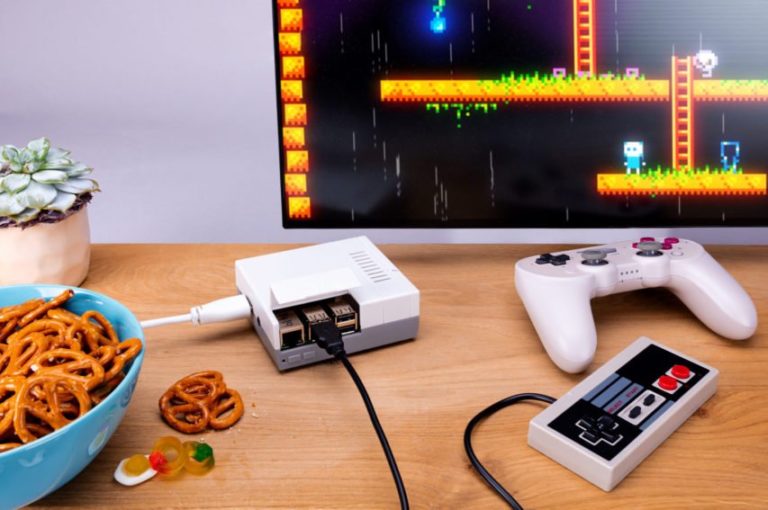via opensource.com
I’ve used the sudo command for years, and one of my favorite features is how it saves a record of everything happening in a terminal while running a command. This feature has been available for over a decade. However, sudo 1.9 introduced central session recording collection, allowing you to check all administrative access to your hosts on your network at a single location and play back sessions like a movie.
I use this feature on my Raspberry Pi, and I recommend it to other Pi users. Even if you fully trust your users, logs and session recordings can help debug what happened on a given host if it acts strangely: Oops, wrong file deleted in /etc.
.
Each Friday is PiDay here at Adafruit! Be sure to check out our posts, tutorials and new Raspberry Pi related products. Adafruit has the largest and best selection of Raspberry Pi accessories and all the … // Read more: original article.

